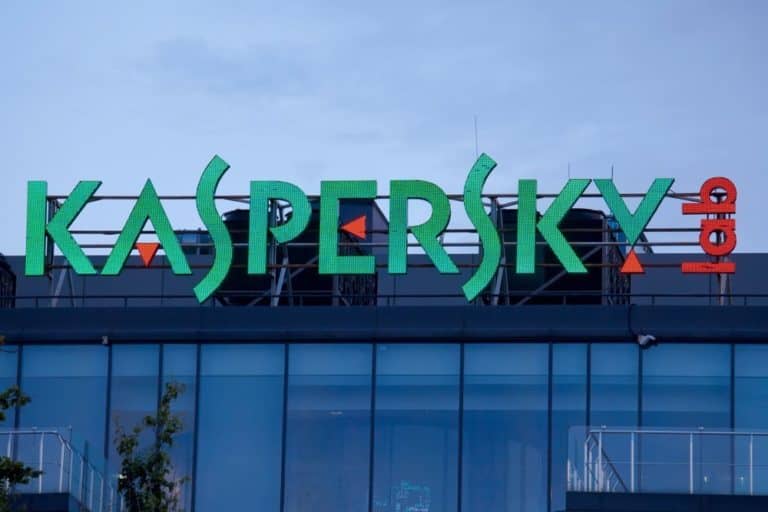The Russian security company Kaspersky Lab believes that there is little chance that the American government will lift the ban on the use of its antivirus software by federal institutions. CEO Eugene Kaspersky states that the situation only makes cybercriminals “happy”.
“Unless the political situation changes, we don’t expect any changes. In the next few years, it will remain about the same,” said CEO office Anton Shingarev at the annual conference Security Analyst Summit, reports ZDNet. According to him, the ban is not based on facts, but on geography and politics. The company could do little to change the situation. “It’s very difficult to influence politics. We don’t want that and we don’t have the resources.”
The Trump government removed Kaspersky products from a list of the U.S. General Services Administration in 2017. That list includes companies from which U.S. government agencies may purchase software and certain types of hardware. The Russian security company was removed from two of the lists.
The reason for the ban is the US government’s suspicions that Kaspersky has close ties with the Russian secret services. The country is afraid that the company may be able to facilitate cyber attacks against the Americans.
Impact
Eugene Kaspersky stated during the conference that the situation “makes cybercriminals happy”, at a time when there are multiple challenges for international cooperation between police and intelligence services to tackle hacking groups.
According to the CEO, however, the ban has not been critical for the company. However, sales in North America declined in 2018, which is one of the most important markets. “It’s not minus 100 percent, it’s minus 25 percent,” says the CEO. “We still have many individuals and companies who are very loyal customers.”
Transparency Center
Kaspersky opened a Transparency Center in Zurich, Switzerland, at the end of last year and invited companies and other institutions to view the source code of its products. The centre ensures that data from European users enters data centres in Switzerland, where the servers process the data. In this way, the company hopes to take away concerns.
In a few weeks time another centre will open in Madrid, Spain. A third centre should be opened in South East Asia by the end of the year.
This news article was automatically translated from Dutch to give Techzine.eu a head start. All news articles after September 1, 2019 are written in native English and NOT translated. All our background stories are written in native English as well. For more information read our launch article.